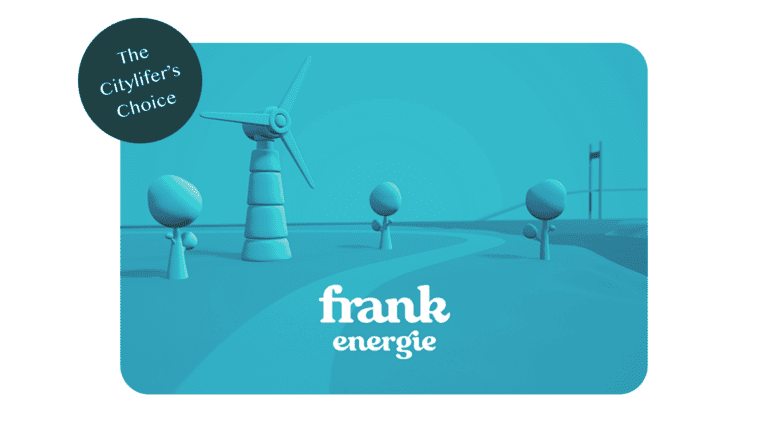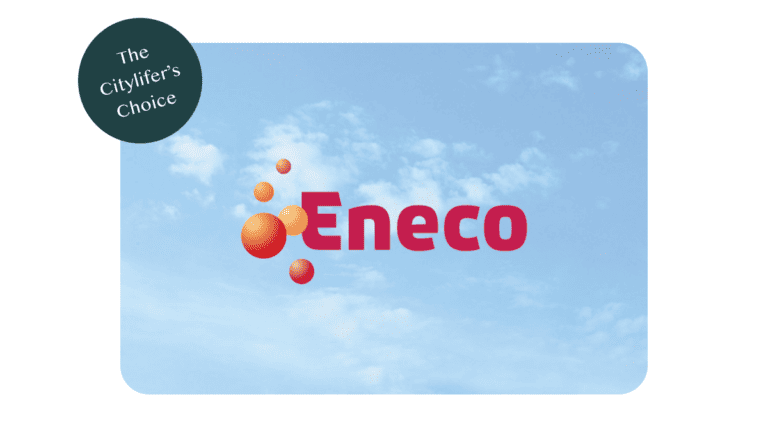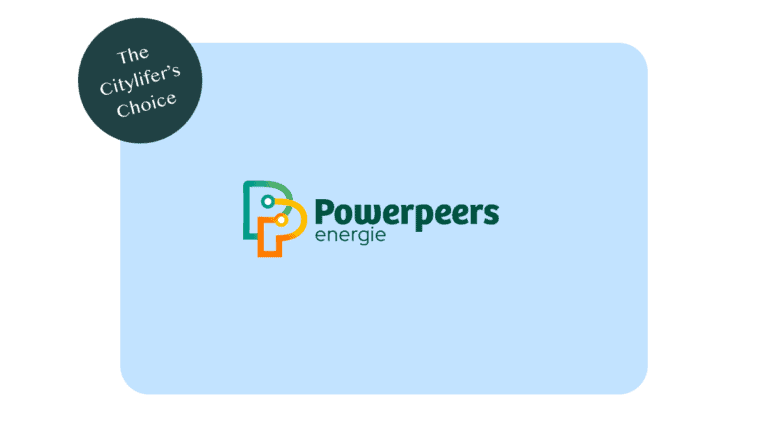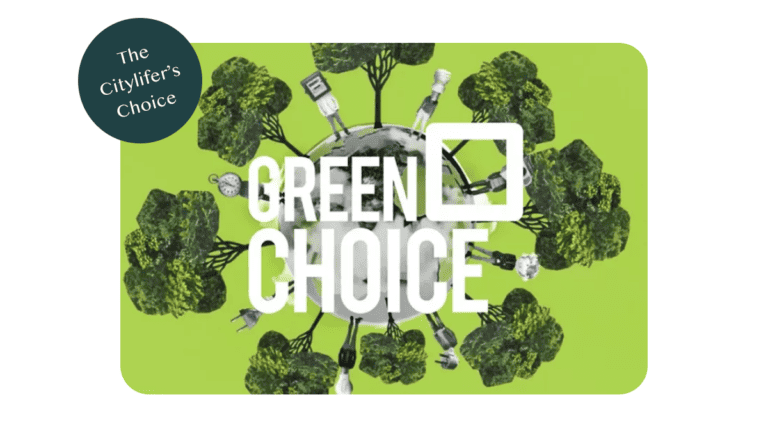Moving to a new country is exciting. But let’s face it: handling utilities isn’t that fun. The last thing you want to do is to spend your first night wrapped in blankets, wishing you had set up your electricity and gas sooner.
If you’re an expat, student or even a local wondering about energy providers in the Netherlands, don’t worry! This guide will help you with everything. It explains how to understand contracts and choose the best electricity and gas providers. This way, you can settle in the country easily!
All You Need to Know About the Dutch Electricity & Gas Market
The Dutch energy market is privately owned, so that means you get to pick from different energy providers in The Netherlands. The Authority for Consumers and Markets (ACM) makes sure that everything is fair game. Here’s what you should know:
- Person-bound contracts: When you move, your energy contract comes with you. You can transfer it to your new address or choose a different provider if you want.
- Most providers offer dual services: Electricity and gas are typically combined together in one contract, making it easier to manage.
- If your rent includes utilities: Don’t worry about anything – your landlord is taking care of it!
Now that you know the basics, let’s explore how to compare Dutch energy contracts and choose the best provider for your needs!
Our Top Choice for The Best Energy Companies in The Netherlands
We picked out four top-rated energy providers in The Netherlands based on things like pricing, customer service and sustainability.
For the Most Competitive Pricing: Frank Energie

Frank Energie uses a dynamic pricing model, meaning the electricity rates change hourly and gas prices change daily, based on the stock market. This kind of pricing model allows you to buy energy at the same price as large suppliers with only a variable fee on top. While other energy providers offer fixed rates for a set period.
It should be noted that Frank Energie’s rates fluctuate very frequently as it’s based on the stock market. Regardless, their prices are often lower than the Dutch average! For example, their recent electricity rates ranged from €0.109-€0.195 per kWh, while new variable contracts averaged €0.27-0.32 per kWh. You can check Frank Energie’s current electricity rates here!
Another good thing is that Frank Energie gives 100% green energy! if you choose them, you can reduce your carbon footprint without spending more. What’s even better is that they offer an app to track and manage your energy use. Hooray to using energy wisely and saving more!
Note: Because of market conditions and policy changes, energy rates in the Netherlands changes a lot! Be sure to always check the latest rates on the companies’ websites before making any decisions!
For Urgent Setup: Eneco

If you need a quick and hassle-free setup, Eneco is your top choice. Known for their fast application process, Eneco can get your energy up and running within a short timeframe!
Eneco, like Frank Energie, offers customers easy insights into their energy use. They go the extra mile by sharing helpful tips to cut down on consumption, as well as sustainable energy solutions. As a new customer, you’ll get discounts. This makes it an even better choice when you’re in a hurry.
For Solar Panels: Powerpeers

Solar energy integration is Powerpeers’ speciality! Its unique sharing model lets customers share and receive extra solar power from others in the community.
According to Powerpeers’ Stroometiket 2023, all the electricity they provide comes from 100% Dutch renewable sources. They do not use coal, natural gas, nuclear power, or biomass. Their energy mix includes:
- 57.1% Wind energy
- 28.8% Solar energy
- 14.1% Hydropower
We admire Powerpeers for their green energy approach! They ensure that no CO2 emissions or radioactive waste when generating electricity.
If sustainability is an important aspect for you, Powerpeers is a great choice for a cleaner future!
For Customer Service: Greenchoice

Greenchoice has been known as the most customer-friendly energy providers in the Netherlands since 2017. Two years ago, the company was awarded for their customer service!
Customer feedback highlights Greenchoice’s responsive and helpful support team, with assistance available in English – an important aspect for expats navigating the Dutch energy market.
Greenchoice also offers 100% green electricity and Co2 compensated gas – an amazing choice for those looking for sustainable energy solutions! Also, every customer automatically contributes to their “Nature for Tomorrow” program. This effort supports projects that protect nature and fight climate change, both locally and around the world—from boosting biodiversity in Oostvoorne to planting new forests in Tanzania!
By choosing Greenchoice, you’re not just reducing your carbon footprint, you’re actively supporting meaningful environmental projects that help create a greener future for everyone.
4 Steps to Find the Best Utility Provider in The Netherlands
Here are our top picks in four different categories. You can also research on your own by following these steps to find the right provider for you. Here’s how to compare and find the best electricity and gas provider in the Netherlands:
Step 1: Prioritize your Needs
- Green energy options: Many Dutch energy providers offer renewable energy sources, (wind, solar and biomass). This influences the carbon footprint and sustainability of your energy supply.
- Service reliability: Choose providers with a solid reputation for consistent service
- English-speaking support: Most of the Dutch energy providers have customer service staff fluent in English, but not English websites, but you can always use the built-in translation service on your browser.
- Flexibility: Look for providers with quick setup options, short-term contracts or plans tailored to frequent movers. This will ensure you experience minimal hassle.
Step 2: Know the Types of Contract
Energy providers in The Netherlands offer three main types of contracts. Here’s a breakdown to help you decide:
Fixed Energy Contract (Vast Energiecontract)
- What it is: Fixed rates for 1-5 years
- Pros: Stable rates, discounted options, and refunds if usage is lower than estimated.
- Cons: High fees for early cancellation
Variable Energy Contract (Variabel Energiecontract)
- What it is: Rates that change monthly or quarterly
- Pros: Flexible and easy to cancel
- Cons: Risky during periods of rising energy prices
Dynamic Energy Contract (Dynamisch Energiecontract)
- What it is: Hourly rates based on demand.
- Pros: Cost-efficient if you monitor and manage your energy usage during off-peak hours. Many providers, such as Vandebron and ANWB Energy, offer energy management apps. These apps help you track prices and optimize your energy use.
- Cons: Needs actively monitoring your energy usage and it can be really expensive during high demand periods
Tip: Start with short-term contracts–when in doubt, we recommend opting for flexible agreements to test a provider’s service before committing long-term!
Step 3: Estimate Your Energy Consumption
You should first think about what exactly your energy needs are. From there on, you should be able to compare providers and pricing effectively. You can do this by using online energy calculators.
Energy providers typically ask for the following information about your home to give you accurate quotes:
- Type of residence: Is it an apartment, detached house, terraced house, etc?
- Property size: Measured in square meters (m²), as larger homes typically consume more energy.
- Occupancy: How many people are living there? This impacts your energy use.
- Energy sources: Do you rely on gas, electricity or both for heating and cooking?
Having this information on hand will help you get the most accurate pricing and plans tailored to your situation.
Step 4: Compare Providers’ Offers
With your energy requirements and preferences in mind, you’re ready to use energy supplier comparison tools to filter through your options! For a detailed overview, check out the best Energy Providers in the Netherlands:
Our power and gas provider comparison tool gives you specific filters and can estimate consumption based your household size and your type of meter. It also gives detailed quote breakdowns, helping you find an energy provider that aligns with your specific needs and preferences.
Our Final Tips for Choosing the Right Provider
- Read reviews: Check out platforms like Google Reviews, Trustpilot or energy comparison websites to get some first hand information from current/past customers. Who better to trust than those who have been there, done that, right?
- Ask around: Your colleagues or neighbors might have some helpful insights on which providers they use and how they’re able to save on energy!
Following these steps will help you find a provider that fits your needs and expectations perfectly!
FAQ
- A valid ID (passport, etc.)
- Proof of occupancy (e.g., rental contract)
- Dutch bank account (some accept non-Dutch IBANs)
Gas prices are high due to reliance on imports and sensitivity to international supply issues.
Yes, of course! Most providers allow contract transfers to a new address.
Advance payments are monthly estimates based on expected usage, reconciled later against actual consumption.









